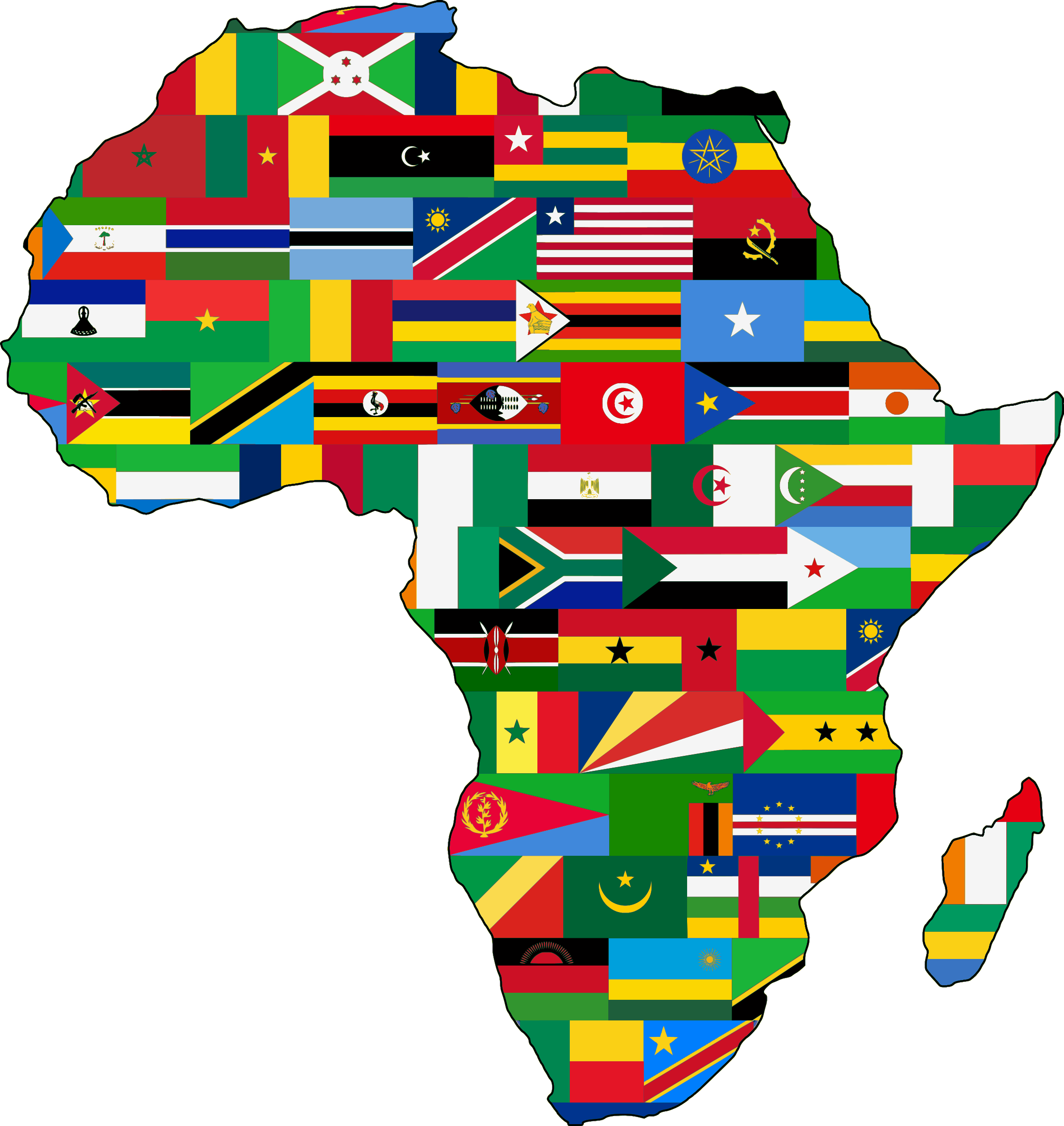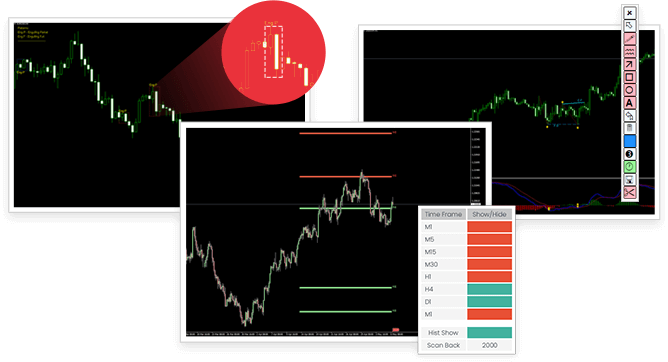
Is Africa the next China?
At a glance:
- The negative perception of Africa is not matched by reality, creating potential opportunities for investors
- The vast consumption potential of Africa is underappreciated
- The mounting resource requirements of China’s continued economic expansion will be a key driver of African trade, investment and economic growth
- High commodity prices have benefited African resource-producing countries
- Africa was relatively resilient during the recent global financial and economic crisis; improved macro-fundamentals were a major reason for this
- Political risk varies, but is generally high for the region
- The low correlation argument is more relevant for Africa than for more developed emerging markets
- The high risk environment and significant barriers to entry mean that good research and in-depth knowledge of local African investment markets can offer a competitive advantage
Imagine owning the only major supermarket in a city of 18 million people. South African-based food retailer Shoprite doesn’t have to dream of this situation because that’s the competitive advantage its store in the Nigerian capital of Lagos enjoys.
Shoprite operates one of the most profitable supermarkets in the world because in the past 15 years it has built 71 stores exporting its high-volume, low-cost business model to 16 of Africa’s 53 countries, where organised, large-scale retailing is mostly a new concept.1
The example showcases the 21st century investment potential of the world’s second-largest continent by landmass and population. The gains made in Africa over the past decade hint of the rewards that could await investors.
The quadrupling in oil prices over the past 10 years, for instance, has enriched the region’s oil exporters such as Nigeria and Angola. Foreign oil companies have boosted investment, while taxes on oil have swelled government coffers and allowed for public spending on infrastructure and basic services. At a macro level, oil-producing countries have reduced public and external debts and bolstered foreign-exchange balances.
Not all African countries have oil, but many boast other resources, from aluminium and bauxite to phosphate rock, coal and uranium, not to mention gold in South Africa or the 10 diamond-producing nations.
The Chinese have noted this mineral wealth. To improve its energy security, China has invested in the oil producers, in Niger for its uranium and Tanzania for its copper, among other places.
China, in total, provided about US$33 billion in aid and investment to Africa between 2002 and 20072. Given China’s energy needs, it seems likely that Chinese money will propel African trade, investment and economic growth for a while yet.
Strong consumption
One reason why Africa is overlooked by investors is a perception that domestic demand is constrained, a view reinforced by frequent images from the continent of poverty, famine and conflict.
The consumption potential of a region or country is determined by demographics, income levels and economic growth rates, and Africa’s scores on these measures are improving.
The continent has over a billion people and the UN forecasts that number will soar to 2.0 billion by 20503. Because this population is relatively young, the continent has an estimated working-age population of more than 500 million people that is predicted to more than double by 2040. Other favourable demographics include a shift towards urbanisation (city folk generally earn and spend more) and a low dependency ratio (the number of dependants to the working-age population).
Income levels are rising thanks to strong economic growth that, as the graph below shows, has seen Africa outperform the global and advanced economies in the past seven years.4 GDP per capita for Africa more than doubled from about US$680 in 2002 to more than US$1,545 in 2008, according to the UN.5 If this growth rate is sustained, regional per capita GDP would double again by 2013.
More interesting from an investor’s perspective is the jump in the number of higher-income earners. According to McKinsey,6 Africa already outscores India on the number of middle-class households (defined as those earning more than US$20,000). Moreover, those with annual earnings of at least US$5,000 (a level above which consumers spend roughly half their incomes on non-food items) could jump to 106 million by 2014, from 59 million in 2000.
As Africa’s middle class expands, opportunities will arise for consumer companies, rather than just material companies – resources accounted for nearly a quarter of Africa’s GDP growth between 2002 and 2007. McKinsey projects that consumer goods and services will generate sales of US$1.4 trillion on the continent in the next decade, compared with US$540 billion from resources over the same period.
Investors can benefit from Africa’s consumption growth because a lack of competition, solid economic growth and cheap labour allows consumer companies to enjoy high margins, notwithstanding the region’s challenging business environment. Stocks that give investors exposure to African consumers include Guinness Nigeria and the South Africa-based media conglomerate Naspers.
Guinness Nigeria benefits from that country’s robust economy and having industry-leading profit margins for its core product beer. Naspers is a more diversified operator that has significant exposure to the fast-growing satellite and cable TV markets of some of sub-Saharan Africa’s 47 countries. In June, Naspers said it had gained 634,000 additional subscribers in sub-Saharan Africa in just 12 months.
Risks
Naturally high risks surround such potential. Political risk is often elevated as many African countries are susceptible to conflict or sudden changes of government. In many cases, neither democracy nor the rule of law is well established. Foreign companies tend to confront corruption, vested interests, weak regulations and poor corporate governance.
However, these risks vary among countries. South Africa in many ways resembles western markets, while at the other extreme are chaotic examples such as Zimbabwe. The task for investors is to find those countries that may offer high returns for the risk.
Even when viable markets are identified, there is often a lack of investable instruments for investors as Africa’s financial markets are underdeveloped. Equity and bond markets suffer from liquidity constraints and sometimes regulations discriminate against foreigners. However, once again, these flaws vary across the continent.
At the same time, the case for investing in Africa is bolstered by low correlations with developed markets owing to the region’s aloofness from the global economy.
But while the risks are higher than elsewhere, so too are the potential rewards. Just ask Shoprite. It intends to have 50 stores in Nigeria within the next three years.
1 Shoprite, August 2010
2 McKinsey Quarterly, June 2010 edition
3 UN Department of Economic and Social Affairs, March 2009
4 IMF Africa Regional Economic Outlook, April 2010
5 UN Statistics Division, October 2009
6 McKinsey Quarterly, June 2010 edition
Source: https://www.fidelityinternational.com






















With a large pool of natural resources, very huge working population, and access to the largest economic centers of the world, I would say why not?
Hi Charles,
Why not indeed! It has all the potential and as we can see some are already being involved.
Vlad
Good job Vladimir!! We look forward for more educational articles..
Hi Chris,
You are getting more for sure – in a meantime make sure to check out the old ones if you have missed any http://vladimirribakov.com/category/educational-articles/
Vlad
Uhhhh…..good blog post, very interesting.
Hi Matthew,
Thanks!
Vlad
I like the way it’s been explained. Pretty smooth and accurate. I would recommend this to anyone who wants to learn Forex
Thanks Robert,
There are some great articles on the subject of trading (forex) here on the blog. I welcome everyone to go over them.
Vlad
Guys really it is awesome
Hi Monica,
Thank you!
Vlad
This the best beginner class yet. but I’m still needing more baby food and baby steps.
Hi Sherri,
Thanks for the kind words. You are getting more for sure, in a meantime make sure to check out the articles that are already here http://vladimirribakov.com/category/educational-articles/
Vlad
I would suggest you to post a detailed investment themes of Africa and Shoprite’s share price movement and its growth…
Lol… you may wonder why am I more concerned. Being an African am just curious to have a complete swot analysis
Hi Elizabeth,
I will definitely look into it and see if I can provide more details!
All the best – Vlad
Your article seems to be really educating. It brings some change in my perspective towards global market
Hi Joseph,
That’s great to hear! Stay tuned for more – every week new content and materials are available for my readers.
Vlad
Kudos for your analysis on why Africa was let slide by investors…Quite agreeable!
Hi Leslie,
Only time will tell but it makes a lot of sense!
Regards,
Vlad